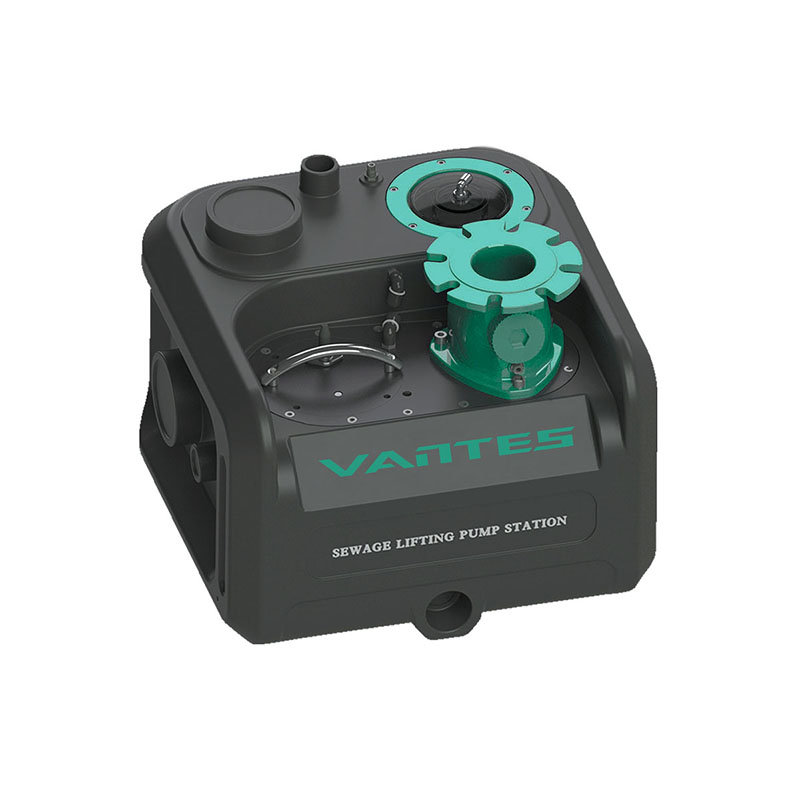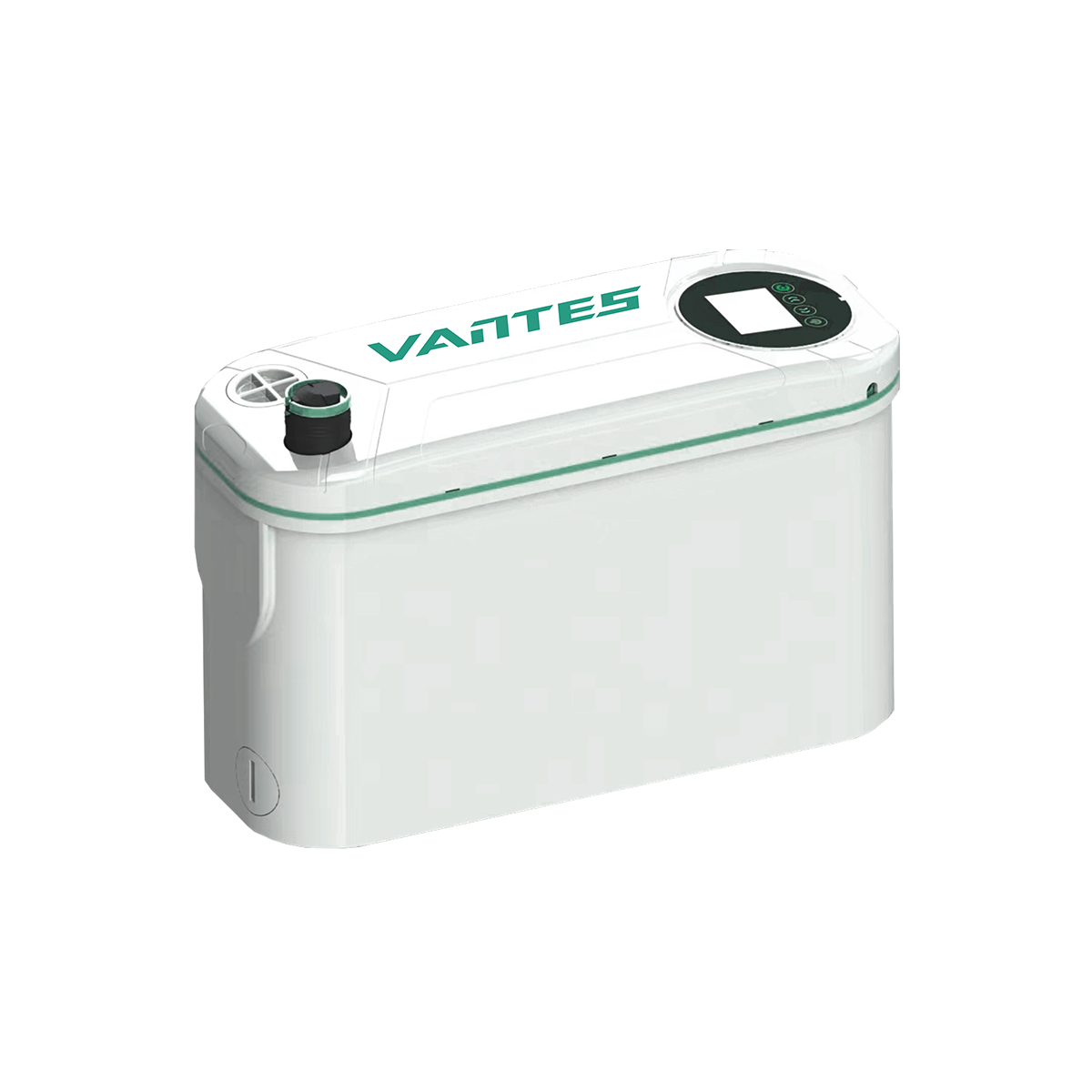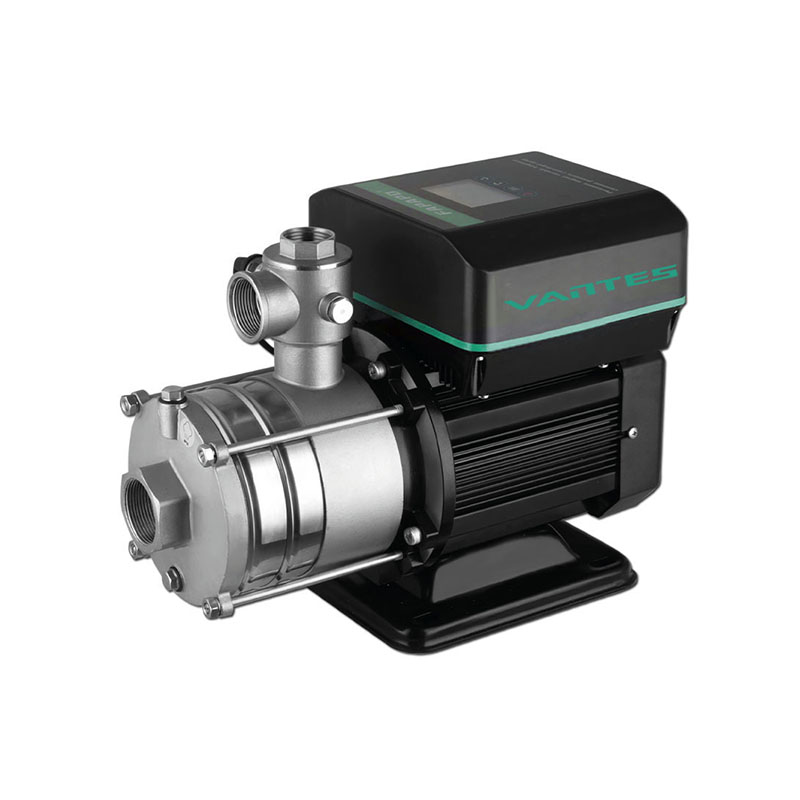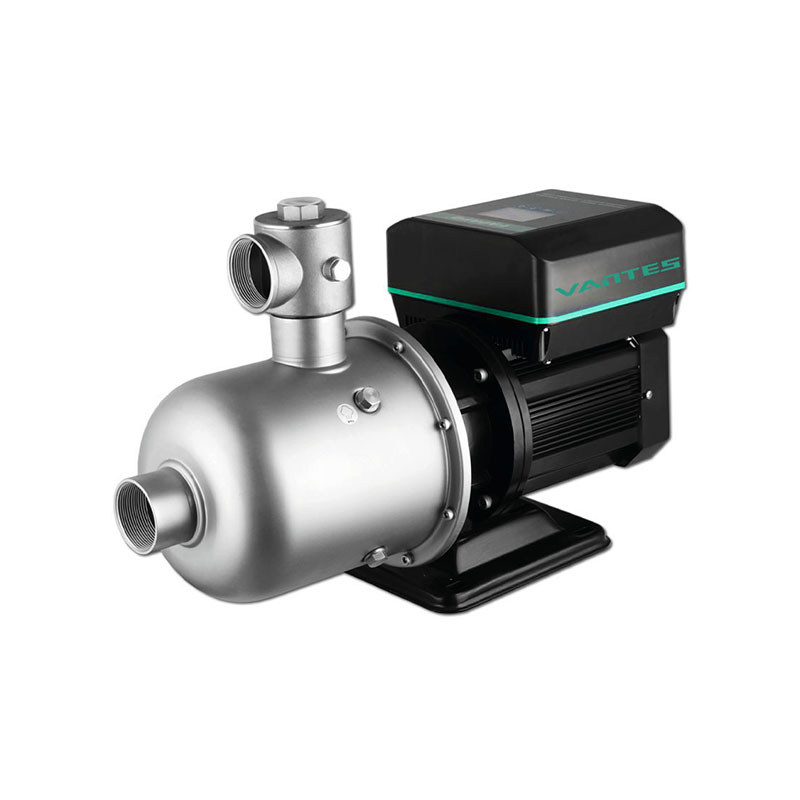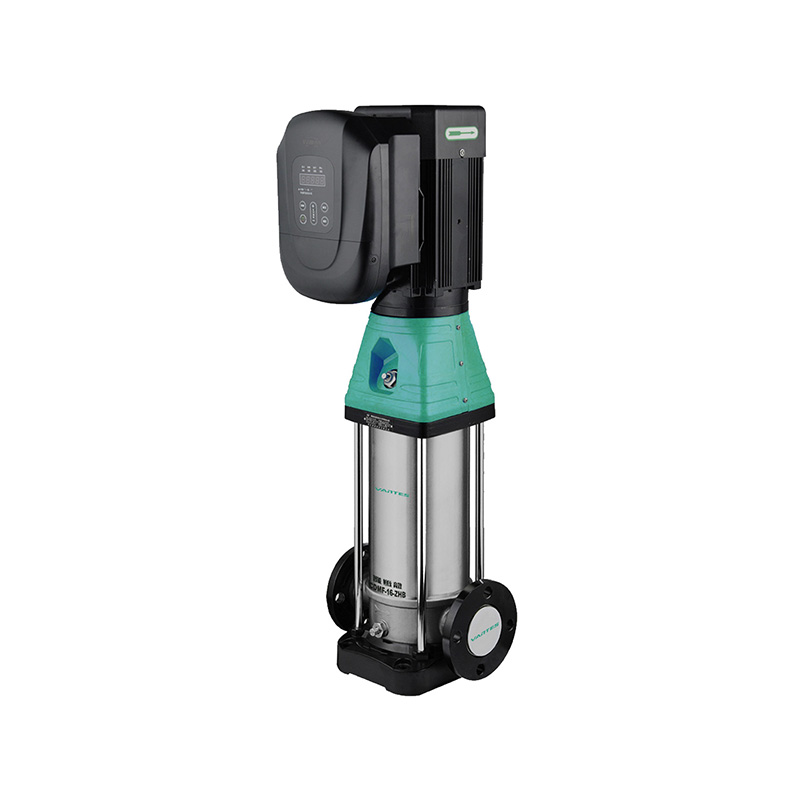The global wastewater management sector is undergoing a revolution, with a growing emphasis on energy efficiency, environmental sustainability, and system reliability. One of the most significant advancements in this area is the development of Frequency Conversion Sewage Pumps. These pumps, which utilize variable frequency drive (VFD) technology, are becoming essential in a wide range of applications, from municipal sewage systems to industrial wastewater treatment and beyond.
As the world faces increasing urbanization, stricter environmental regulations, and the need for more sustainable infrastructure, Frequency Conversion Sewage Pumps have emerged as a game-changer. These pumps offer a host of advantages, including enhanced energy efficiency, better control over operation, and reduced maintenance costs, all of which are critical to addressing the growing challenges of wastewater treatment and sewage management.
What Is a Frequency Conversion Sewage Pump?
A Frequency Conversion Sewage Pump is a type of pump driven by a motor that operates with a variable frequency drive (VFD). The VFD controls the speed of the motor, allowing the pump to adjust its performance based on the specific demands of the system. This means the pump can operate at different speeds to handle varying flow rates and pressures, making it ideal for systems where wastewater levels fluctuate.
Unlike traditional pumps that operate at a fixed speed, the Frequency Conversion Sewage Pump can automatically adjust to the required flow, reducing energy consumption and wear on the pump. By matching the pump's operation to the actual needs of the system, these pumps optimize efficiency and prolong the lifespan of both the pump and the motor. Additionally, they reduce energy costs by ensuring that the pump only uses the amount of energy necessary for each specific task.
Advantages of Frequency Conversion Sewage Pumps
Energy Efficiency and Cost Savings: One of the key benefits of Frequency Conversion Sewage Pumps is their energy efficiency. Traditional sewage pumps often run at a fixed speed, consuming the same amount of energy regardless of the actual demand. In contrast, Frequency Conversion Sewage Pumps can adjust their speed to match the required flow and pressure, leading to significant energy savings. This is particularly beneficial in systems with fluctuating demands, as the pump only uses energy when needed, which can reduce operational costs by up to 30%.
Reduced Wear and Tear: Operating pumps at a fixed speed can cause unnecessary wear and tear on the motor and other components, leading to higher maintenance costs and shorter lifespans. By adjusting the speed and load of the pump, Frequency Conversion Sewage Pumps reduce mechanical stress, which helps extend the service life of the pump and motor. The result is lower maintenance costs, fewer system failures, and a more reliable operation over time.
Precise Flow Control: In wastewater management systems, it’s essential to maintain a consistent flow of sewage to prevent blockages, system overloads, and treatment inefficiencies. The ability of Frequency Conversion Sewage Pumps to adjust their speed based on real-time conditions ensures that the system operates within optimal parameters. Whether dealing with fluctuating inflows, stormwater surges, or peak demand times, these pumps offer a level of control and flexibility that traditional pumps cannot match.
Environmental Benefits: The growing demand for eco-friendly technologies has led to a shift towards pumps that reduce energy consumption and minimize environmental impact. By consuming less energy and reducing greenhouse gas emissions, Frequency Conversion Sewage Pumps align with the global push toward sustainability. For municipalities and industries aiming to meet stringent environmental regulations, adopting these pumps is an effective way to reduce their carbon footprint while maintaining optimal sewage system performance.
Enhanced System Integration: Modern Frequency Conversion Sewage Pumps can be integrated with advanced monitoring and control systems, providing real-time data and analytics on pump performance. This data allows operators to monitor efficiency, adjust operations, and predict maintenance needs. With smart systems in place, operators can proactively manage potential issues before they lead to system downtime, ensuring continuous, trouble-free operation.
Reduced Noise and Vibration: Traditional pumps, particularly those running at fixed speeds, can generate significant noise and vibration, leading to disruptions in residential or sensitive environments. Frequency Conversion Sewage Pumps operate at variable speeds, meaning they can run at lower speeds during periods of lower demand. This not only saves energy but also minimizes noise and vibration, making them suitable for installation in areas where noise reduction is essential.

